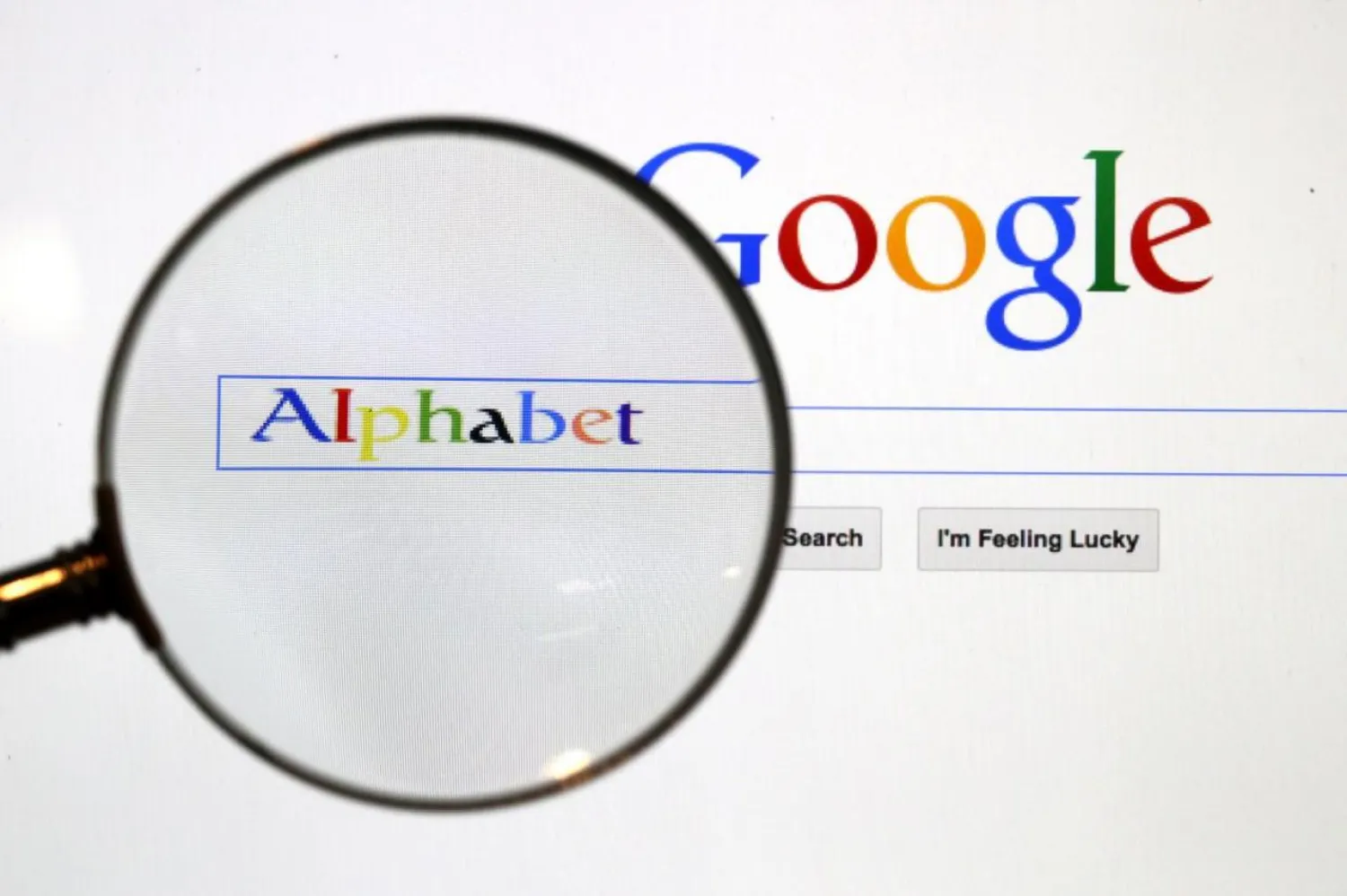Google parent Alphabet on Tuesday reported that its quarterly profit rocketed some 50 percent to $15.2 billion at the end of last year as its digital ad business thrived.
Alphabet revenue in the final three months of last year hit nearly $57 billion, compared with $46 billion in the same period in 2019, according to the internet titan.
The strong quarter "was driven by Search and YouTube, as consumer and business activity recovered from earlier in the year," Alphabet chief financial officer Ruth Porat said in the earnings release.
Google is among the technology titans that have flourished as people hunkered down at home due to the pandemic rely on the internet and computing capabilities hosted at datacenters for work, school, shopping and socializing.
"All three of Google's main lines of ad business outperformed our forecast, including YouTube," said eMarketer insider intelligence analyst Nicole Perrin.
Ad revenue related to online searches was up more than 17 percent at Google, Perrin noted.
Overall, Google took in slightly more than $46 billion in revenue from digital ads, with $6.9 billion of that money made from a growing advertising business at global video-sharing platform YouTube, according to the earnings report.
The cloud computing unit at Google brought in $3.8 billion in the quarter, compared to revenue of $2.6 billion in the same period a year earlier.
The pandemic is believed to have sped up a lasting shift by businesses, shops, and people in general to relying on services in the internet cloud.
"Our strong results this quarter reflect the helpfulness of our products and services to people and businesses, as well as the accelerating transition to online services and the cloud," said Alphabet and Google chief executive Sundar Pichai.
"We see significant opportunities to forge meaningful partnerships as businesses increasingly look to a digital future."
While a financial boon, Google's dominance in online advertising has put it in the crosshairs of regulators concerned about the firm's clout. It is the target of a trio of antitrust lawsuits in the US accusing it of abusing its position.
Regulators are concerned that the Silicon Valley giant's search engine, ad platform, mapping service, Android mobile operating system and other offerings give it unfair advantages.
Worldwide, the firm is on track to take in $116.7 billion in digital ad revenue this year, an increase of 18.4 percent from 2020, according to a forecast by industry tracker eMarketer.









